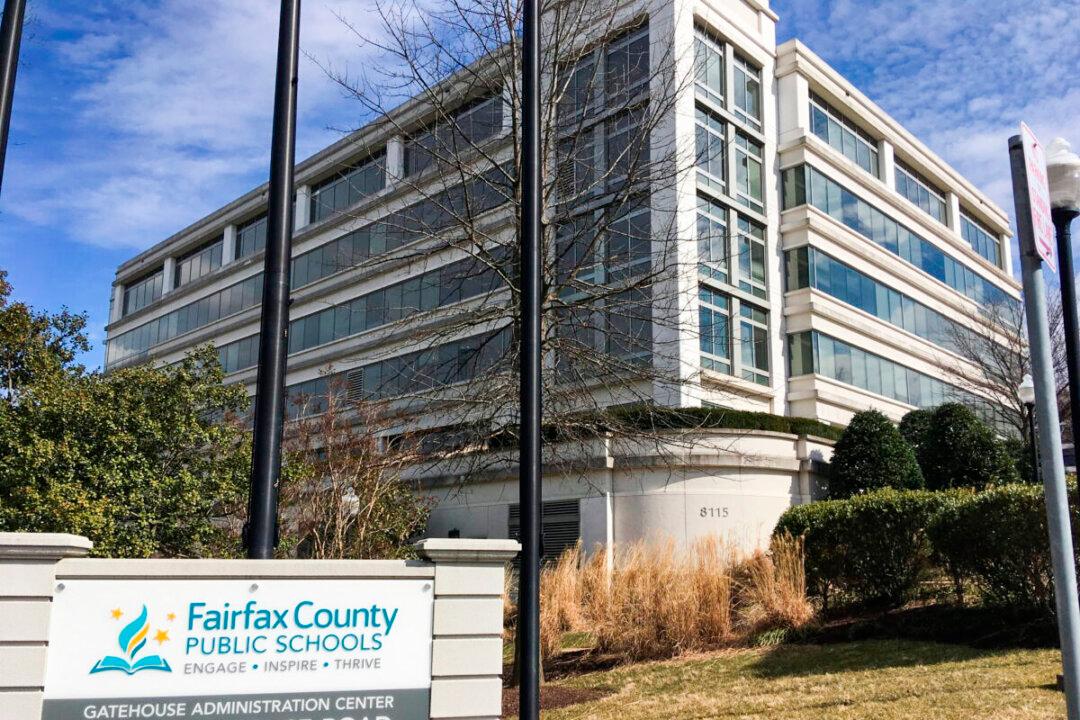FAIRFAX COUNTY, Va.—The U.S. Department of Education (ED) concluded that Fairfax County Public Schools (FCPS), the largest school district in Virginia with over 180,000 students, failed to provide adequate education to students with disabilities during the pandemic.
In a Wednesday release, ED said that FCPS “reduced and placed limits on services and special education instruction” based on considerations other than the student’s individual learning needs and incorrectly informed staff that they didn’t have to provide compensatory services, as required by “free appropriate public education” per federal law.



